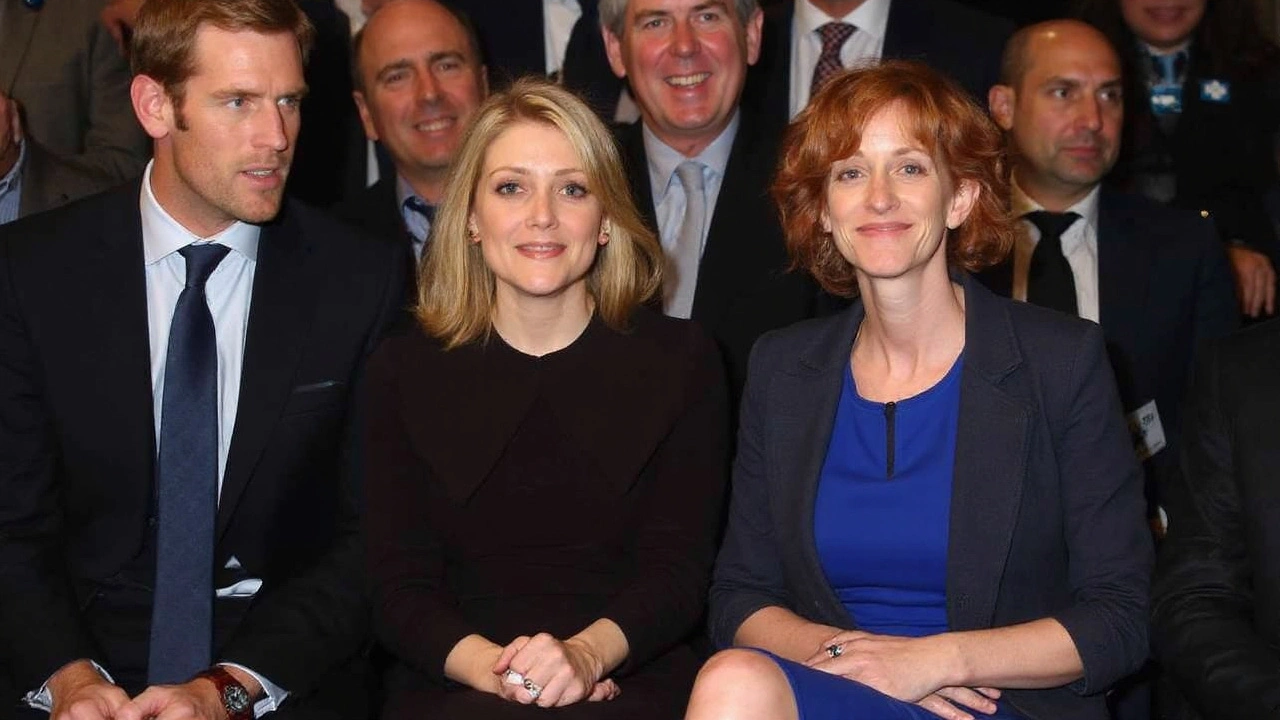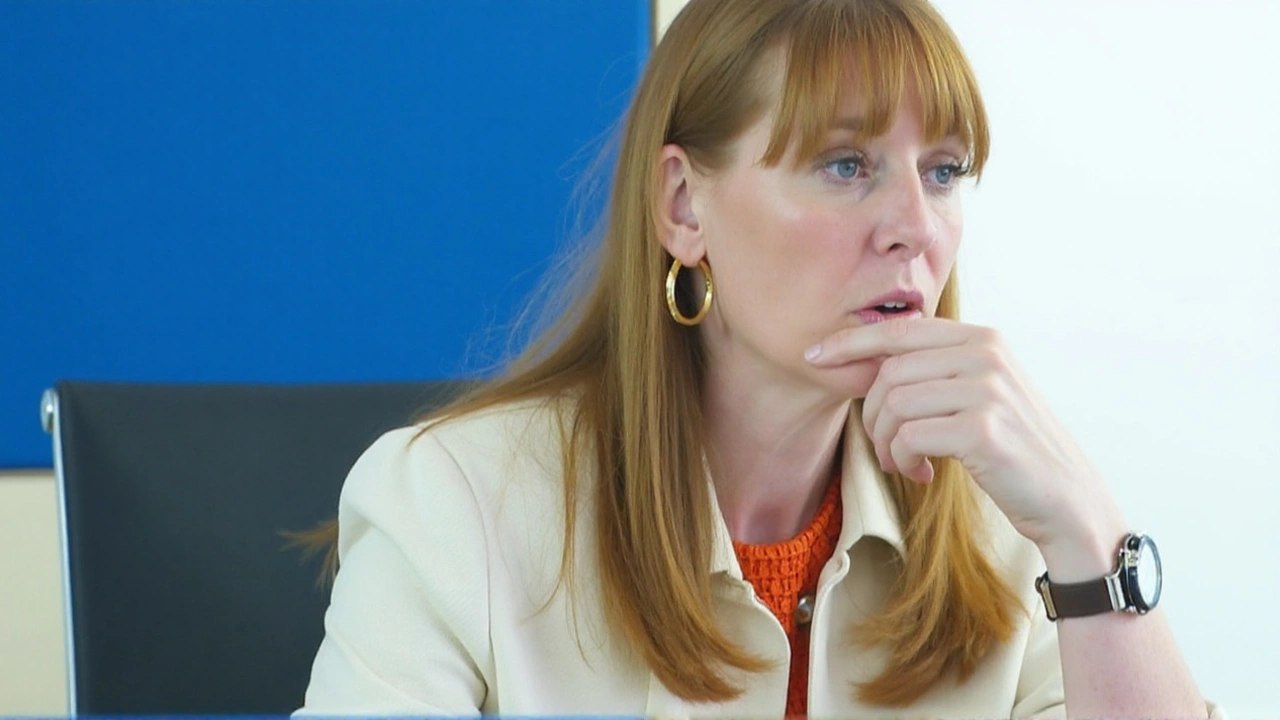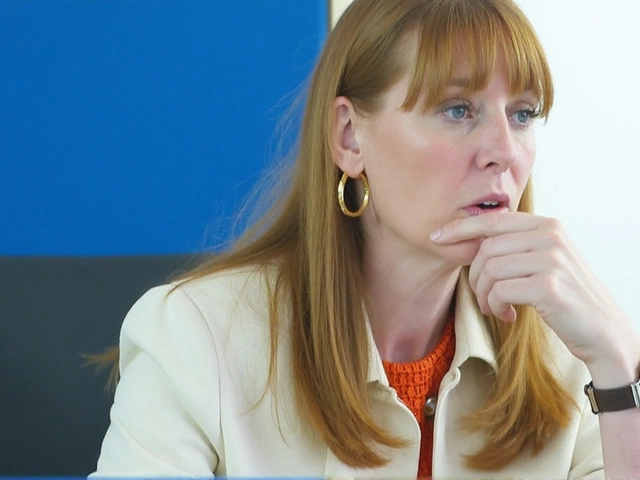Angela Rayner has quit as Deputy Prime Minister after an official inquiry found she breached the ministerial code by failing to seek expert advice over underpaid stamp duty on a property in Hove. The resignation, accepted by Prime Minister Sir Keir Starmer “with real sadness,” removes one of Labour’s most visible figures from the top of government and forces a quick reshuffle. Former Foreign Secretary David Lammy has been moved into the Deputy PM role as No 10 tries to contain the fallout.
In a handwritten note, Starmer called Rayner a “true friend” and praised her as proof of the social mobility his government wants to deliver. The tone made clear he didn’t want to lose her. But the message from the inquiry was blunt: integrity of intent isn’t enough if ministers don’t meet the process and probity standards the code demands.
What the inquiry found
The investigation into Rayner’s conduct focused on stamp duty due on a past property transaction in Hove. The report said she “acted with integrity,” but still breached the ministerial code because she didn’t seek specialist tax advice to make sure the right amount of duty was paid. In plain terms, it wasn’t about proving intent to dodge tax; it was about failing to take the steps a minister is expected to take.
Stamp Duty Land Tax applies to most property purchases in England and Northern Ireland. Buyers usually pay within a set deadline after completion, and rates rise in bands with surcharges for second homes. Underpayments can happen for simple reasons — a missed surcharge, an incorrect relief claim, or poor paperwork. HMRC can collect any shortfall and add penalties and interest, depending on the case.
Ministers are held to a higher bar. The ministerial code expects them to follow the law to the letter, to be open about potential conflicts, and to get professional advice when a decision could raise questions later. The inquiry’s line was that Rayner’s due diligence fell short of that standard. That distinction — a standards breach even without bad faith — is why she’s out of government today.
Politically, the optics are rough. This government promised clean hands after years of rows over money and conduct in Westminster. When a story mixes politics and personal finances, it sticks. Starmer’s acceptance of her resignation, paired with warm personal praise, is an attempt to show he means what he says on standards without turning on an ally.

Political fallout and what changes now
David Lammy moves from the Foreign Office to become Deputy Prime Minister. He’s a seasoned media performer and a trusted Starmer ally. His promotion stabilizes the top table, but it opens a big question: who runs the Foreign Office now? That decision, and others around it, will set the tone for a wider reshuffle that Downing Street had hoped to avoid this month.
Rayner remains a heavyweight inside Labour. She’s the MP for Ashton-under-Lyne, a former care worker and trade union organizer who rose fast through the party. On the left of Labour, she gave Starmer cover with activists who weren’t sold on him at first. From the backbenches, she can still move crowds and shape the message on workers’ rights, housing, and devolution — areas she has pushed hard for years.
Party officials are preparing for a deputy leadership race, a separate position from the government job she just left. The process is set by Labour’s rulebook and overseen by the National Executive Committee. Expect a short nomination window, then a ballot of members and affiliates if more than one candidate makes the cut. Different wings of the party will test their strength, and the result will say a lot about Labour’s internal balance after a year in power.
For Starmer, the immediate task is to keep discipline and protect the “high standards” brand he’s built. Voters tend not to split hairs on technicalities around tax — they see fairness. The government will need to show it has learned the lesson: get advice early, be transparent fast, and apply the same rules to friends and rivals. That’s how you stop one resignation turning into a story about culture.
Policy is part of the stakes. Rayner has been a driving force behind stronger workplace protections and a package of reforms on rights at work. With her out of Cabinet, unions and backbenchers will watch closely to see if timelines slip or if details get watered down in the reshuffle. Any sign of drift would cause friction with the movement that helped elect this government.
At Westminster, Rayner’s route back is straightforward on paper: show contrition, do the work, and contribute from committees and campaigns. Politics is full of second acts. Her network in the unions, her following among members, and her plain-spoken style give her assets many ministers would love to have.
The week ahead brings hard choices for No 10 and plenty of theatre for everyone else. Key questions now:
- Who takes over at the Foreign Office, and does that trigger more moves across Cabinet?
- How quickly will Labour run the deputy leadership contest, and who jumps in?
- What safeguards will Downing Street put in place to stop repeat mistakes on standards?
- Does the workers’ rights package keep its timetable and core promises?
One thing is certain: the standard has been set. When an inquiry says process matters as much as intent, every minister will feel the chill. And every future reshuffle will be judged through that same lens.

